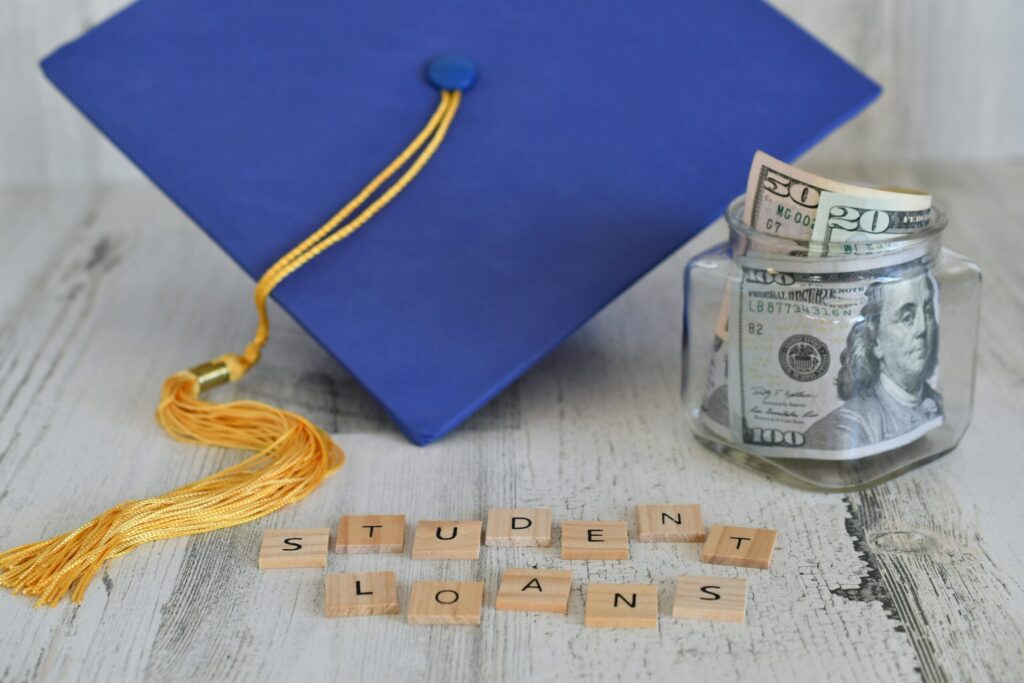How Student Loan Forgiveness Can Impact Your Financial Future
Understanding how student loan forgiveness can alter your financial trajectory is crucial for borrowers looking to navigate the complexities of debt relief options. It not only offers immediate relief from debt burdens but also has longer-term implications for credit health, financial stability, and economic status. Grasping the nuances of how forgiveness programs work is the first step toward making informed decisions that can shape your financial outlook. Below, we delve deep into the facets of student loan forgiveness and its broad implications on borrowers’ finances.
Exploring the Basics of Student Loan Forgiveness
Student loan forgiveness programs help ease the burden of educational debt for qualifying borrowers, often requiring work in public service, teaching in high-need areas, or making payments under an income-driven plan. Navigating the eligibility criteria and application process can be complex, requiring detailed documentation of income, employment, and loan payments. Patience and precision are crucial to avoid delays or denials.
The benefits of approval can be significant, potentially erasing remaining balances or offering incremental reductions. However, forgiven debt might be taxable. With various programs like Public Service Loan Forgiveness and Teacher Loan Forgiveness, consulting a student loan forgiveness counselor can help you find the best option for your situation.
Analyzing the Impact of Student Loan Forgiveness on Credit Scores
Student loan forgiveness can temporarily decrease credit scores due to the closure of old student loans, but this is usually short-lived and generally positive. Making timely payments before forgiveness is beneficial for credit health, as payment history is a key factor in credit score calculations. A zeroed-out balance shows a history of loan obligations, which can be viewed favorably by future creditors.
These fluctuations are less significant in terms of financial health. Lower debt can improve the chances of being approved for other forms of credit, such as mortgages or personal loans. Regular monitoring of your credit report after forgiveness is crucial to ensure accurate reporting.
Student Loan Forgiveness and Its Effect on Debt-to-Income Ratio
The debt-to-income (DTI) ratio is a crucial factor lenders consider when evaluating loan applications. High student loan debt can increase this ratio, potentially affecting credit terms or approval. Loan forgiveness lowers the DTI ratio, making individuals more attractive to lenders and enabling new financing options like home ownership or investment.
DTI can still be influenced by other outstanding debts. Maintaining responsible credit habits is essential for maximizing the benefits of an improved DTI ratio. Low credit card balances and avoiding excessive loans can help maintain a healthy financial portfolio. Additionally, refinancing existing debts at favorable rates can lead to significant savings and improved financial well-being.
Long-Term Financial Planning After Student Loan Forgiveness
After obtaining student loan forgiveness, it is crucial to consider long-term financial planning. Adjusting the budget for loan payments can free up income for other financial goals and realign financial strategies. This period offers an opportunity to increase savings for retirement, emergencies, or major purchases, and increase investment funds, which can significantly improve an individual’s financial status.
The emotional and psychological impact of loan forgiveness is also significant, as it provides financial freedom, increased confidence, and the ability to make calculated risks. Careful planning is essential, as there may be a temptation to increase spending. A financial plan that takes advantage of the new debt-free status while avoiding new debt accumulation is essential for maintaining financial security.
Student Loan Forgiveness Policies and Their Economic Implications
Student loan forgiveness has significant economic implications, as it can stimulate economic growth through increased spending power. The cost of funding these programs can be costly for the government and taxpayers. The economic balance of loan forgiveness is a subject of ongoing debate, weighing immediate benefits against long-term financial impacts on national budgets and fiscal policy.
Student loan forgiveness policies may influence future behavior of borrowers and higher education institutions, potentially encouraging individuals to take on more debt or colleges to increase tuition. Careful design and management of forgiveness policies are crucial to avoid inadvertently escalating the issue they aim to mitigate. Understanding the complexities of student loan forgiveness policies is essential for borrowers to navigate their financial futures and stay informed on legislative changes.
Overall, student loan forgiveness can significantly improve financial prospects for eligible borrowers, providing immediate relief and a secure future. It’s crucial for borrowers to make informed decisions, considering credit, debt ratios, and long-term planning, to maximize these benefits.
